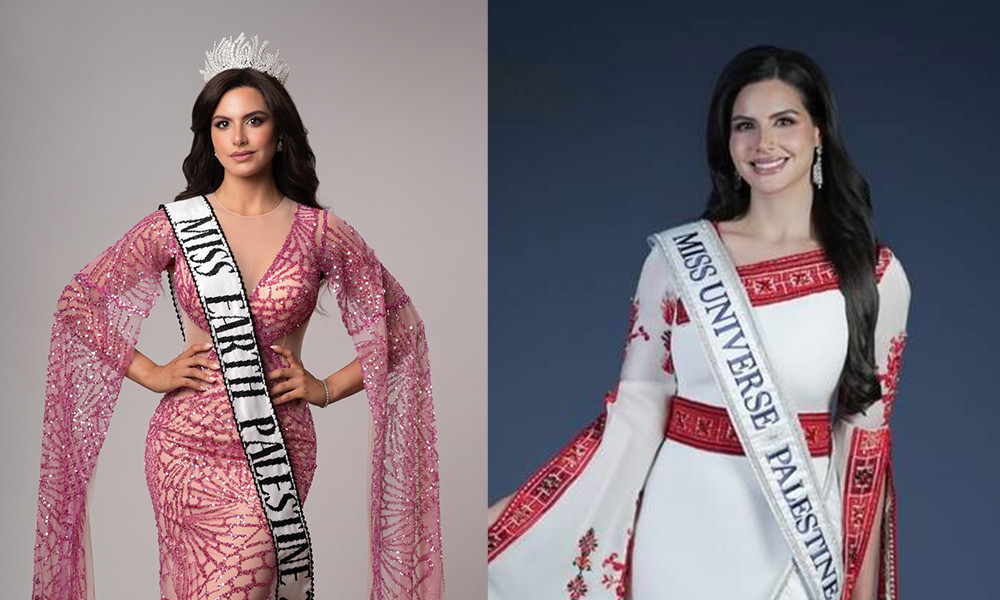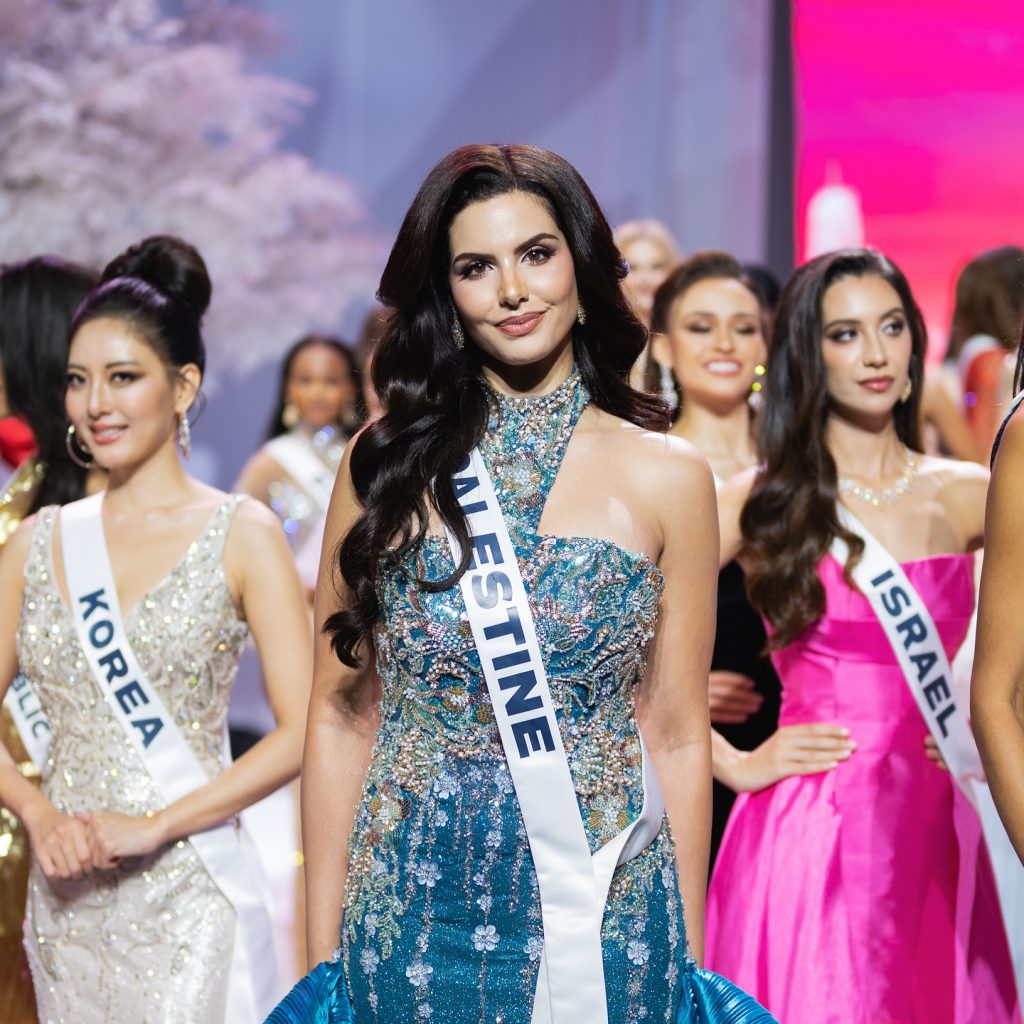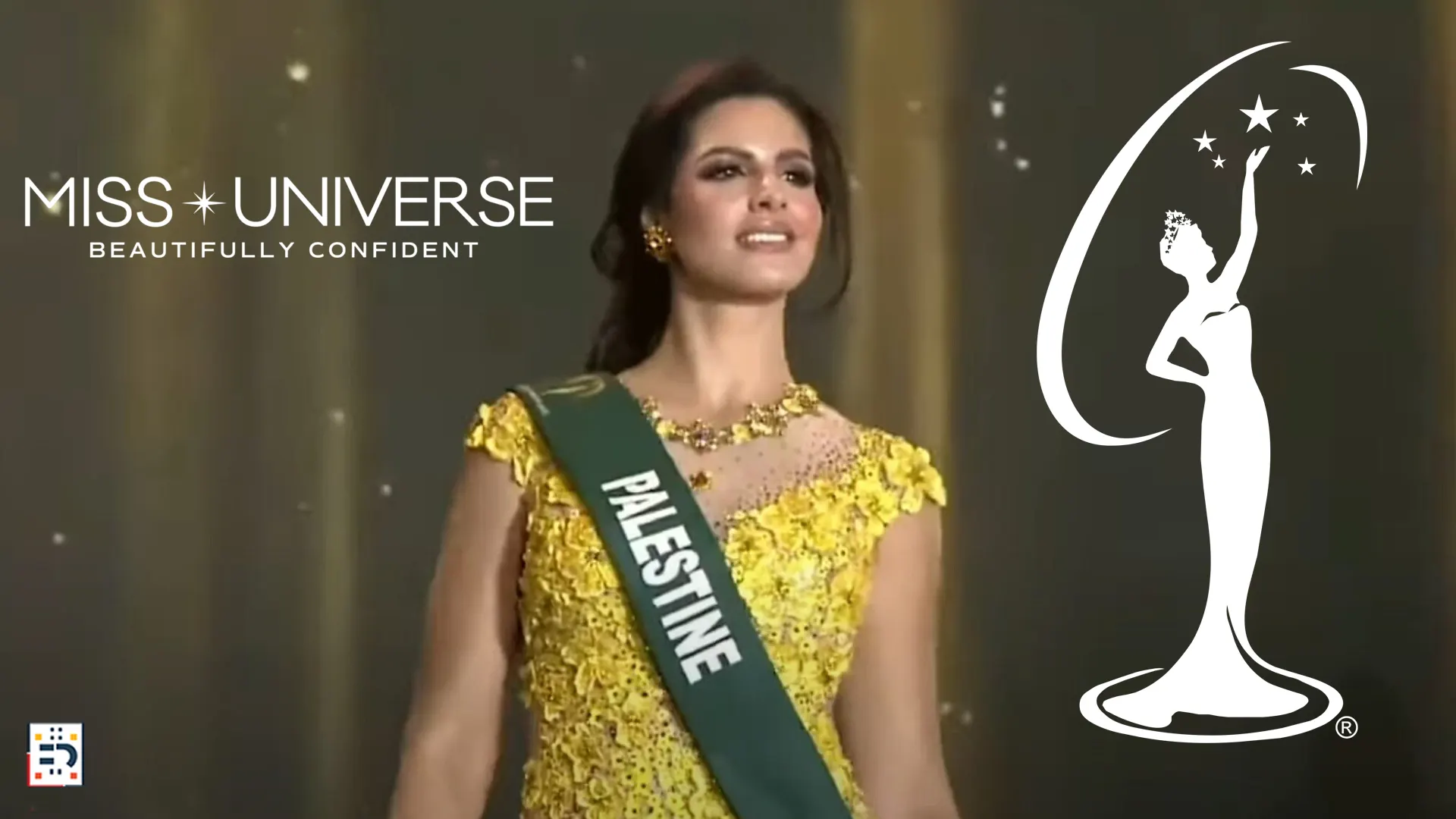Introduction to Beyond Borders: Analyzing the Historic Debut of Miss Universe Palestine and the Role of Geopolitics in Pageantry
The debut of Miss Universe Palestine marked an extraordinary moment that resonated strongly across global audiences, especially within the USA, where discussions on geopolitics, identity, and cultural diplomacy often shape media narratives. As we step into Beyond Borders: Analyzing the Historic Debut of Miss Universe Palestine and the Role of Geopolitics in Pageantry, it becomes clear that beauty pageants have evolved far beyond crowns and sashes—they are cultural statements, diplomatic arenas, and mirrors of global sentiment.
For additional perspective on shifting geopolitical narratives, explore the Council on Foreign Relations, a leading U.S. institution that analyzes global identity and diplomacy.
Understanding the Global Evolution of Beauty Pageants
Beauty pageants have gone through profound transformations, especially in regions with strong media influence like the United States, where global competitions drive public conversation and cultural analysis.
From Traditional Contests to Global Platforms
U.S. audiences have long influenced the progression of global pageants. The shift from physical beauty competitions toward empowerment-based platforms originated heavily from American media pushback and evolving social expectations. This evolution encouraged:
- Humanitarian advocacy
- Global awareness
- Social justice messaging
- Cross-cultural representation
- Community leadership
Such transformations allowed pageants to welcome contestants from politically sensitive regions—including Palestine—into larger global dialogues.

Increasing Diversity and Representation
With an increasingly diverse American audience, representation has become essential. Miss Universe Palestine’s debut aligns perfectly with ongoing U.S. conversations around equity, cultural identity, and inclusion—topics widely explored by scholars and journalists across the country.
The Emergence of Miss Universe Palestine
The historic arrival of Miss Universe Palestine was more than a national milestone—it was a geopolitical and cultural symbol that instantly attracted attention worldwide.
Timeline Leading to the Historic Debut
For decades, political circumstances hindered Palestine’s visibility in global pageantry. Yet, as international inclusion strengthened, a path emerged through cultural advocacy groups, diaspora representation, and growing global recognition.
Organizations such as the U.S. Institute of Peace shed light on the evolving nature of conflict, identity, and cultural diplomacy, providing context for understanding why this debut mattered on the world stage.
Social and Cultural Reactions
American social media platforms amplified Miss Universe Palestine’s presence through widespread support from Middle Eastern-American communities, activists, and cultural commentators. The moment was celebrated as a victory for representation, visibility, and cultural pride.
Geopolitics and Global Pageantry
Pageants are deeply intertwined with geopolitics because they reflect global power dynamics, cultural diplomacy, and the social climate of competing nations.
Political Identity on the World Stage
Representatives from politically complex regions inherently carry national symbolism. Their participation becomes a visual assertion of cultural continuity and sovereignty. In the U.S., analysts often discuss how representation in global events influences diplomatic relations and public sentiment.
For more on diplomatic narratives within global culture, review the
Brookings Institution.
Soft Power and Cultural Messaging
Beauty pageants function as “soft power” tools that influence global perception through cultural storytelling rather than political argument. The United States frequently uses soft power across global entertainment, making pageantry a recognizable diplomatic tool for American audiences.
The Symbolic Power of Miss Universe Palestine’s Debut
Breaking Barriers and Challenging Narratives
Miss Universe Palestine challenged decades of stereotypical portrayal and brought forward narratives focused on culture, resilience, and identity. In U.S. media, this shift offered broader representation and deeper insight into Palestinian heritage.
Representation in a Politically Sensitive Region
American cultural researchers emphasize the importance of representation in sustaining cultural identity, a topic thoroughly explored through resources provided by UNESCO.
Media Coverage and International Response
Social Media Movements and Support
Platforms widely used across the USA—Instagram, TikTok, X, and Facebook—acted as digital megaphones, generating viral hashtags and powerful community-driven support moments.
Traditional Media Narratives
U.S. news outlets framed Miss Universe Palestine’s debut with perspectives centered around cultural diplomacy, resilience, and the significance of representation in the global stage.
Challenges Faced by Contestants from Politically Complex Regions
Diplomatic Constraints
Contestants from conflict-affected regions often encounter:
- Travel restrictions
- Visa delays
- Limited funding
- Logistical complications
U.S.-based organizations and analysts frequently highlight these barriers when discussing global representation challenges.
Emotional and Psychological Burdens
Navigating political symbolism adds emotional weight, something mental health advocates in the USA emphasize heavily in discussions about public visibility and identity.

Pageantry as a Platform for Advocacy
Humanitarian Messaging and Social Issues
Contemporary pageants champion advocacy across topics such as education, refugee rights, cultural preservation, and women’s empowerment. These resonate deeply with U.S. audiences who value activism within entertainment.
Using Global Stages to Address Conflict
Contestants often promote themes of peace, unity, and human dignity without delving into polarizing political commentary—aligning with global standards upheld by institutions like UNESCO and the U.S. Institute of Peace.
Comparing Miss Universe Palestine with Other Historic Pageant Debuts
Patterns of Geopolitical Influence
Nations such as Kosovo, South Sudan, and Myanmar experienced similar symbolic debuts linked to geopolitical transformations, something heavily analyzed in U.S. academic and foreign policy circles.
Differences in Global Reception
Yet, the debut of Miss Universe Palestine produced a significantly larger wave of discourse—especially within the USA—reflecting the nation’s deep interest in global politics and representation.
Public Opinion and Online Discourse
Supportive Voices
Millions of supporters, particularly within the U.S., celebrated the moment as a victory for cultural diplomacy and global inclusivity.
Criticism and Controversies
Naturally, geopolitical topics attract mixed reactions. Critiques arose, though they were outweighed by widespread support across American and international communities.
The Future of Geopolitics in Beauty Pageants
Integration of Political Realities in Pageantry
As pageants evolve, geopolitical realities will continue shaping contestant experiences, global perception, and audience expectations.
Shifts Toward Advocacy-Based Competitions
National pageants in the USA—such as Miss Universe USA—already prioritize humanitarian work, setting a model for global competitions.
For insights into modern pageant standards, visit the
Miss Universe Organization.

FAQs
1. Why is the debut of Miss Universe Palestine historic?
It marked a new era of cultural visibility, representation, and global dialogue surrounding Palestinian identity.
2. How do geopolitics affect beauty pageants?
Geopolitics shape narratives, contestant experiences, and international public reception.
3. Was Miss Universe Palestine’s debut political?
Not directly—but representation naturally creates symbolic political meaning.
4. How did American social media respond?
With widespread support, viral engagement, and cultural celebration.
5. Are beauty pageants shifting toward advocacy?
Yes—advocacy has become a primary scoring component in modern competitions.
6. Does representation in pageants help cultural diplomacy?
Absolutely. It strengthens soft power, humanizes cultural narratives, and builds global understanding.
The exploration of Beyond Borders: Analyzing the Historic Debut of Miss Universe Palestine and the Role of Geopolitics in Pageantry reveals the profound intersection between culture, diplomacy, and visibility. In the United States especially, where global representation sparks rich discussions, this debut symbolizes progress, cultural pride, and the growing global influence of pageantry as a form of storytelling.
Miss Universe Palestine’s presence is a powerful reminder that every nation deserves a voice, every culture deserves recognition, and every individual has the right to shine on the world stage.
#MissUniversePalestine #Geopolitics #Pageantry #CulturalDiplomacy #MiddleEast #SoftPower #GlobalRepresentation #MissUniverse #USAMedia #CulturalIdentity


